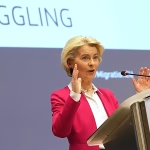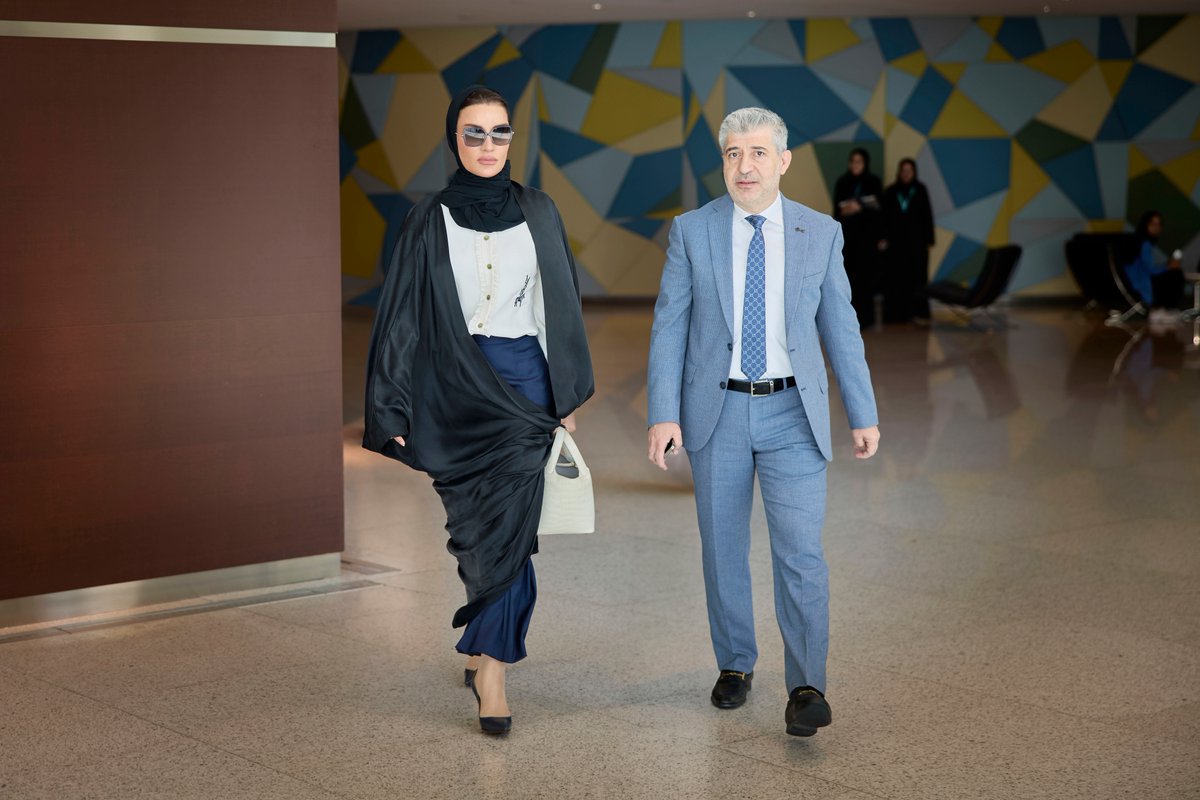The 17th World Congress of Bioethics recently took place in Doha under the theme of “Religion, Culture and Global Bioethics.” Hosted by HBKU’s Research Center for Islamic Legislation and Ethics (CILE) in collaboration with WISH, the event brought together over 1,000 participants to discuss crucial issues in bioethics, particularly in religious and cultural contexts. The Congress, sponsored by several healthcare organizations and supported by the International Association of Bioethics (IAB), featured panel discussions with esteemed experts from various academic and bioethics backgrounds.
President of HBKU Dr. Ahmad M. Hasnah emphasized the importance of incorporating religious beliefs into bioethical policies, noting that these beliefs are integral to people’s lives and should not be overlooked. He highlighted the timeless principles provided by heavenly religions, which offer a solid foundation for ethical discussions beyond temporary or situation-specific approaches. WISH CEO Sultana Afdhal expressed her satisfaction with the successful collaboration that brought together leading bioethicists and scholars for this significant event, focusing on the intersection of international perspectives with the religious and cultural values present in Qatar and the Arab-Muslim world.
The Congress, scheduled to run until June 6, features discussions on various bioethical topics, including the ethical use of artificial intelligence in healthcare, safe healthcare practices in conflict zones, and public health ethics in the context of pandemics like COVID-19. Participants can engage in panels and sessions conducted in Arabic with live English translation, highlighting the IAB’s commitment to fostering a cross-cultural dialogue on contemporary bioethics issues. Experts from the Middle East, North Africa, and Asia will offer regional perspectives on disability, environmental, genetic, and genomic bioethics, enriching the global conversation on bioethical matters.
In addition to the informative sessions, the Congress includes an exhibition component where HBKU, WISH, and other institutions showcase cutting-edge bioethics research to attendees. This platform allows participants to explore the latest advancements in the field and exchange insights with experts from around the world. The event aims to promote collaboration and knowledge sharing among bioethicists, researchers, and stakeholders to address ethical challenges in healthcare and promote a deeper understanding of bioethical issues in diverse cultural and religious contexts.
Overall, the 17th World Congress of Bioethics in Doha represents a milestone in the Arab World, bringing together a diverse group of professionals to discuss the intersection of religion, culture, and global bioethics. The event’s focus on incorporating religious beliefs into bioethical policies, along with the exploration of emerging topics like the ethical use of artificial intelligence in healthcare, demonstrates a commitment to addressing complex ethical dilemmas in healthcare. By facilitating cross-cultural dialogues and showcasing the latest research in bioethics, the Congress serves as an important platform for advancing ethical discussions and promoting collaboration in the field.









